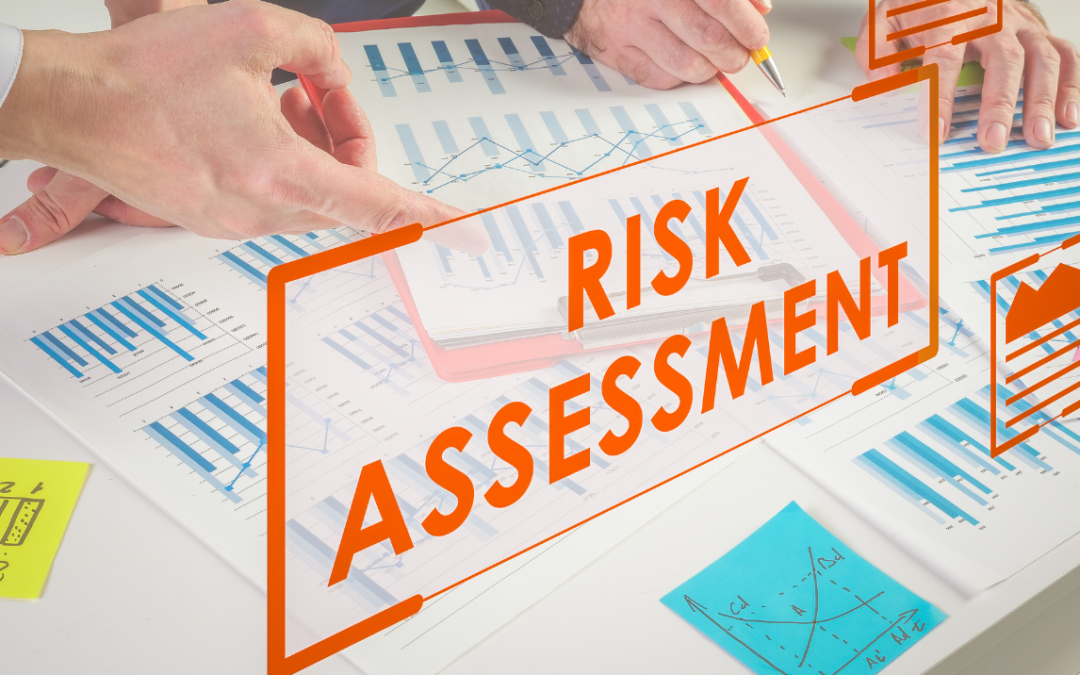Introduction
The Data Protection Impact Assessment (DPIA) is a vital process in achieving and maintaining compliance with data protection laws like the UK GDPR. At the heart of this process lies the Data Protection Officer (DPO), whose expertise and guidance ensure that organisations effectively identify and mitigate risks associated with personal data processing. A thorough DPIA not only safeguards individuals’ rights but also protects organisations from potential regulatory penalties and reputational damage. This article outlines the key responsibilities, actions, and supervision roles of a DPO in the DPIA process, as well as considerations for successful implementation.
Determining When You Need to Conduct a DPIA
Under Article 35 of the UK GDPR, organisations are required to perform a DPIA if their processing activities are likely to result in a high risk to individuals’ rights and freedoms. Common scenarios include large-scale processing of sensitive data, use of new technologies, or systematic monitoring of individuals.
The Data Protection Officer service plays a crucial role here by advising whether a DPIA is mandatory. DPOs rely on their deep understanding of regulatory requirements and industry-specific contexts to make this determination. Importantly, if a high-risk DPIA indicates that risks cannot be mitigated adequately, the DPO must recommend consulting the Data Protection Authority (DPA) before proceeding.
How to Conduct a Data Protection Impact Assessment
The DPIA process typically involves the following steps:
- Describe the processing activity: Clearly outline what personal data will be processed, how, and why.
- Assess necessity and proportionality: Ensure that the processing is justified and no less intrusive alternatives exist.
- Identify risks: Evaluate potential impacts on individuals’ rights and freedoms.
- Propose mitigation measures: Plan safeguards to address identified risks effectively.
Here, the DPO must ensure the process aligns with DPIA compliance standards. They guide stakeholders through each stage, ensuring risks are identified comprehensively and that mitigation strategies are actionable and measurable.
Outsourcing vs In-House DPIA
A key decision for organisations is whether to conduct DPIAs internally or outsource them. While in-house teams may have greater operational insight, outsourcing to a professional DPO service offers unbiased expertise and often ensures a more rigorous assessment.
Outsourcing is particularly beneficial for smaller organisations or those lacking in-house expertise. A skilled data protection officer service can also ensure the independence required under Recital 97 of the UK GDPR, preventing conflicts of interest during the assessment.
Mitigating Risks and Ensuring Compliance
Mitigating risks is a core component of any DPIA. The DPO must recommend measures such as pseudonymisation, encryption, or access control to reduce the likelihood and impact of potential data breaches. Additionally, safeguards like staff training, policy updates, and continuous monitoring can further enhance compliance.
Where risks remain high despite mitigation efforts, the DPO must advise engaging with the Data Protection Authority. This step ensures transparency and demonstrates that the organisation takes its compliance obligations seriously.
Evaluating the DPIA’s Outcome
Once the DPIA is complete, the DPO should assess whether:
- All risks have been adequately addressed.
- The planned safeguards are realistic and enforceable.
- The processing activity can proceed without undue risk to individuals’ rights.
If the DPIA reveals unmanageable risks, the DPO may recommend halting or modifying the processing activities.
Ongoing Monitoring and Supervision
A DPIA is not a one-time exercise; it requires continuous oversight. DPOs must monitor the effectiveness of the planned safeguards and ensure that actions are implemented as intended. Regular reviews are essential to confirm that risks remain controlled, especially as organisational or regulatory landscapes evolve.
Under Article 39 of the UK GDPR, DPOs are tasked with monitoring DPIA performance as part of their broader compliance responsibilities. However, organisations must respect the DPO’s independence in this role, ensuring that additional duties do not hinder their ability to fulfil these obligations.
Conclusion
The Data Protection Impact Assessment is a cornerstone of data protection compliance, and the DPO’s involvement is crucial to its success. From determining the need for a DPIA to supervising its implementation, the data protection officer service provides essential expertise and impartiality. By ensuring thorough risk assessment, robust mitigation measures, and ongoing monitoring, organisations can confidently proceed with their data processing activities while upholding the highest standards of compliance.
For organisations considering whether to handle DPIAs in-house or outsource them, partnering with an experienced DPO service can be a strategic advantage. With their knowledge and independence, professional DPOs ensure that your DPIAs are not only compliant but also aligned with your broader data protection objectives.Contact Formiti today for a free consulrtation

